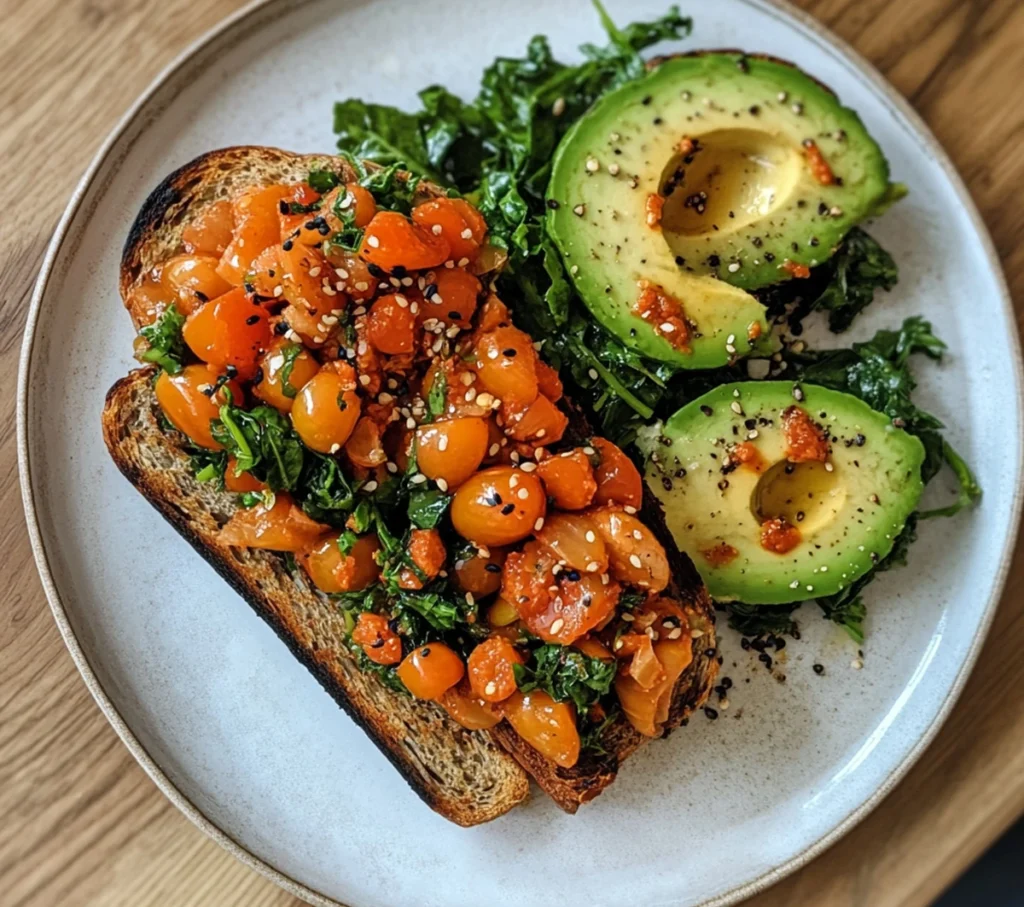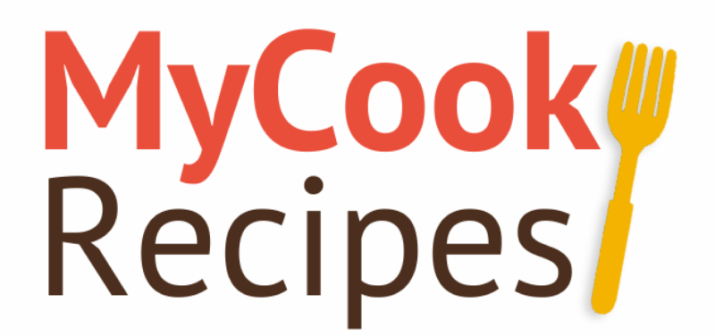
Plant-based diets have gained tremendous popularity for their health benefits and environmental sustainability. But the key question remains: what is the healthiest plant-based food? With a variety of nutrient-dense, antioxidant-rich, and fiber-packed options, plant-based foods can significantly boost overall health. In this article, we will explore some of the healthiest plant-based foods that you can incorporate into your daily meals.
What Defines a Healthy Plant-Based Food?
The healthiest plant-based foods are those that are rich in nutrients, vitamins, and antioxidants while being low in unhealthy fats and sugars. These foods provide a host of benefits, such as improved heart health, better digestion, and reduced inflammation. Incorporating a variety of whole, unprocessed plant-based foods ensures you receive a wide range of essential nutrients.
For those new to plant-based eating or looking for easy-to-make plant-based recipes, take a look at this article for inspiration.
Leafy Greens: Nutritional Powerhouses
When we talk about the healthiest plant-based foods, leafy greens top the list. Foods like spinach, kale, Swiss chard, and collard greens are packed with essential vitamins, including vitamin A, vitamin C, and vitamin K. These nutrients support a strong immune system, healthy skin, and bone health.
Leafy greens are also rich in antioxidants and fiber, both of which play key roles in reducing inflammation and promoting digestion. If you are looking to improve your overall diet, these greens are a must. You can explore creative ways to use leafy greens in cooking in this post on creative sourdough discard uses.
Legumes: The Ultimate Protein Source
Legumes—such as lentils, chickpeas, black beans, and peas—are excellent sources of plant-based protein and fiber. They are not only nutrient-dense but also help in managing blood sugar levels, making them a great choice for those looking to improve their diet.
Legumes are high in iron and folate, supporting energy production and red blood cell health. Including legumes in your diet helps replace animal-based proteins with plant-based options without sacrificing nutrition. For further information on how to activate plant-based ingredients in your diet, check out the post on how to activate sourdough discard.
Whole Grains: A Key to Longevity
Whole grains like quinoa, brown rice, barley, and oats provide long-lasting energy thanks to their complex carbohydrates. These grains are also rich in fiber, B vitamins, and minerals such as magnesium, which are essential for maintaining healthy muscles and nerves.
Unlike refined grains, which lose many nutrients during processing, whole grains support heart health, help regulate blood sugar levels, and promote digestive health. Incorporating whole grains into your daily meals is an excellent way to ensure long-term health.
Nuts and Seeds: Small but Nutrient-Dense
Nuts and seeds are compact nutritional powerhouses. Almonds, walnuts, chia seeds, and flaxseeds are rich in healthy fats like omega-3 fatty acids, which are essential for brain and heart health. These small foods are also packed with protein, vitamin E, and magnesium, making them an excellent choice for snacking or adding to meals.
Though nuts and seeds are calorie-dense, their health benefits make them an important part of a balanced plant-based diet. Remember to consume them in moderation, as their high-calorie content can add up quickly.
Fruits: Nature’s Antioxidant-Rich Snacks
Fruits such as blueberries, strawberries, oranges, and bananas are some of the most antioxidant-rich foods you can eat. They provide an abundance of fiber, vitamin C, and potassium, all of which support overall health and wellness.
Fruits help reduce the risk of chronic diseases, improve digestion, and support heart health. They are naturally low in calories, making them a perfect snack or dessert option. For a more detailed look at how to incorporate fruits and other plant-based foods into your diet, explore this collection of examples of plant-based meals.
Cruciferous Vegetables: Cancer-Fighting Foods
Cruciferous vegetables like broccoli, cauliflower, Brussels sprouts, and cabbage are known for their powerful cancer-fighting properties. These vegetables contain sulforaphane, a compound that helps detoxify the body and reduces the risk of certain cancers.
Rich in fiber, vitamins C and K, and other essential nutrients, cruciferous vegetables are excellent for digestion, immune function, and overall health. Incorporating these foods into your diet regularly can significantly improve your health and help fight off diseases.
FAQs
What are the healthiest plant-based proteins?
The healthiest plant-based proteins include legumes such as lentils and chickpeas, as well as tofu, tempeh, and quinoa. These foods provide all the essential amino acids needed for muscle repair and overall health.
Are nuts and seeds part of a healthy plant-based diet?
Yes, nuts and seeds are excellent sources of healthy fats, protein, and essential vitamins. Consuming them in moderation supports heart health and brain function.
Can plant-based foods provide all the necessary nutrients?
A well-balanced plant-based diet can provide most nutrients, including protein, fiber, vitamins, and minerals. However, it may be necessary to supplement vitamin B12 for optimal health.
Conclusion: The Healthiest Plant-Based Foods
The healthiest plant-based foods include leafy greens, legumes, whole grains, nuts, seeds, fruits, and cruciferous vegetables. These foods are nutrient-dense, high in fiber, and rich in essential vitamins and minerals. Regularly incorporating them into your diet can improve your overall well-being, help manage weight, and reduce the risk of chronic diseases.
Whether you’re looking to transition to a fully plant-based diet or just add more plant-based options to your meals, focusing on these foods will ensure you get the nutrition you need for optimal health.
